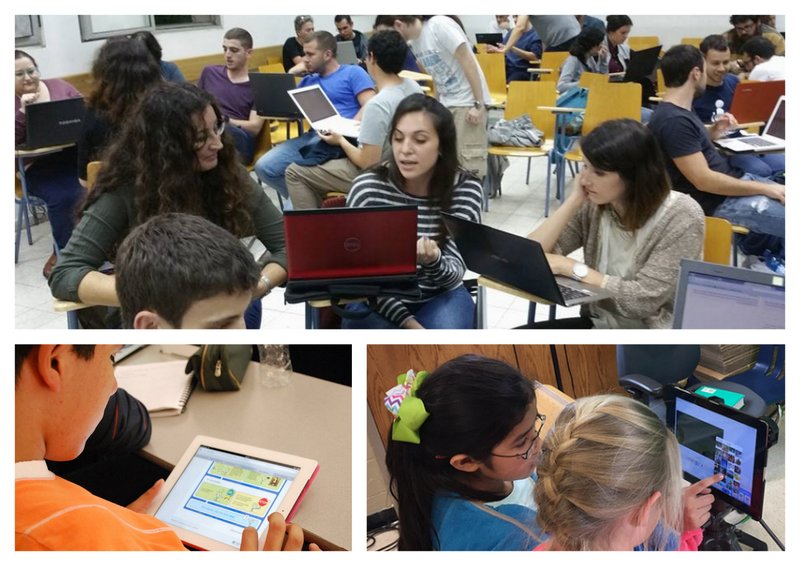I got through it in an hour.
Using edtech in a way that helps your learners
Having the skills and mindset to embrace constant change in a fluid environment while every emerging technology develops its functionality and sophistication.
Edtech should always be linked to meaningful formative assessment.
Types of tools
Recent and emerging themes in edtech
- Assessment/assignment tools
- Social media
- Video and audio
- Collaborative working
- Games and learner response systems
- Presentation
Name of the edtech tool
An infographic summarising its benefits
What can it do for teachers and learners
How to use it
How to assess using it
It is wrong to reference Prensky whose theories were entirely hypothetical and once tested proved to be totally wrong. Search here to see the multiple times I have picked up on this one and stripped in bare. Prensky wrote a piece for Atlantic in 2001 - journalist, not research. There was a resonance about it that people wanted to believe. It is nonsense.
Nonsense like ‘though digital natives are demonstrating advances skills in multitasking at speed’.
When someone was born no more makes them digitally literate than being capable of driving a car or flying a light aircraft. The inverse is the truth: those with the greater digital skills are older and educated: they could afford the devices and the Internet connection. Today, a student who can waste their day playing games, using Instagram and messaging friends cannot even search for something and differentiate between fact and invention, let alone complete a range of digital skills - skills they come to college to be taught from scratch. Indeed, in a vocational college some students baulk at the site of a computer saying they came to study carpentry or motor vehicle maintenance because they wanted nothing to do with them.
It is also utter nonsense to talk about preferred learning styles such visual and kinaesthetic. Once again, this is a plausible theory that has no basis in fact. The facts are that the highly complex brain exploits multiple parts of the brain stimulated by all the senses in varying circumstances in order to construct a short term memory and in time reconstruct and build on this in the long term memory while clinging on to some sense of it all before some of it, or the best part of it is forgotten. All the senses matter. If a student tells me they prefer to watch videos rather than being given a written test, then I will oblige them to take notes, write essays and do written exams because it has also been shown that the challenge of doing something you don’t like, rather than doing things the way that suits you is more memorable.
At this point the author has lost all credibility and I am loath to read on.
Nor does he know the correct definition of the word ‘indifference’ mistaking it for
There's a good review of the pros and cons of Nearpod.
Others include: Turnitin, Facebook, Twitter, Snapchat, Instagram, Tumblr, Pinterest, Learnium, H5P, YouTube, EDpuzzle, TuitionKit, Panopto, Audacity, GarageBand, Padlet, QR codes, G Suite for Education, Lino, Popplet, MindMapfree, WordPress, Notability, Slido, Kahoot!, Quizlet, GoSoapBox, Poll Everywhere, Wordclouds, Plickers, ClassDojo, Explain Everything, Infographics, Canva, PowerPoint, iSpring,
